Abstaract
One of the areas in which understanding policy mix elements, processes and impacts is of foremost importance is the field of sustainability transitions. The present proposal contributes to the literature of policy mixes for sustainable transitions by extending the recent conceptual framework provided by Rogge and Richardt (2016) for policy mixes, in two dimensions of policy paradigm and policy institutions, based on the empirical study of the UK electricity policy mix during 1990s-2012. The study was based on 53 semi-structured interviews with academics and non-academic experts and the analysis of almost 250 consultation responses submitted to the UK Department of Energy & Climate Change (DECC). A comprehensive look at policy mix, which is much broader than its classic notion, incorporates components and sub-components such as policy processes, policy dimension, policy strategy, instrument mix, and policy characteristics into analysis. Policy paradigm and policy insitutions are two should-be policy mix elements which are suggested by this study. Without taking these two newly introduced elements into consideration, realization of a policy shift might not be well conceptualized, as it was the case of UK electricity policy. The extended conceptualization of policy mix would help policy makers prevent paradigm ambivalence and achieve a full-fledged design of policy mixes early on. Building upon the Kuhnian image of scientific paradigms, Hall (1993) conceptualises policy paradigm as the one shaping the key philosophy behind policymaking; framing the very problem that needs to be addressed; cognitively filtering information; and focusing attention on a particular range of solutions. Regarding policy institutions, it is argued that the structure of governance institutions allows or constrains a new policy paradigm’s embeddedness, i.e. movement from one policy to another is likely to be preceded by significant shifts in the locus of authority over policy. Without taking policy paradigm into account, a full conceptualization of the processes of UK electricity policy would not be possible. For example, analysis of the policy processes of some interventionist policy instruments, like the Carbon Price Floor (CPF) and Contract for Difference (CfD) in post-2010 context, would not grant us a comprehensive understanding, as it should be without having the paradigm semi-shift from marketized depoliticization to large state intervention into consideration. Similarly, the institutional changes from the abolishment of the Department of Energy (DoE) and the creation of The Office of Gas and Electricity Markets (Ofgem) in 1990s to the revival of Department of Energy & Climate Change (DECC) and the establishment of The Committee on Climate Change (CCC) in 2008-2009 could explain why fundamentally different policy instruments, i.e. deregulation and regime-led instrument mixes, were adopted in those time-frames. To conclude, this paper argues that the conceptualization of policy mix with the components of policy paradigm and policy institutions could add irreplaceable analytical aspects to our understanding of policy mixes, especially for sustainability transitions, as it is empirically evident in the case of UK electricity policy mix.

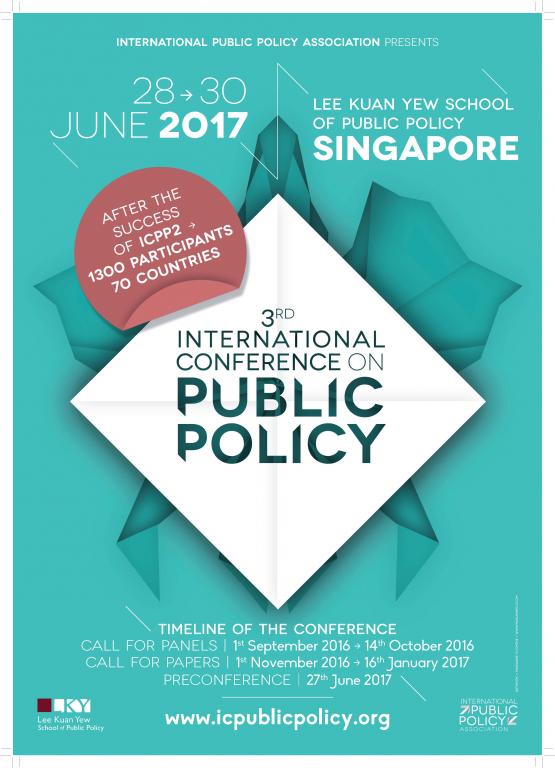
 Ali Maleki
Ali Maleki Najmoddin Yazdi
Najmoddin Yazdi.jpg)
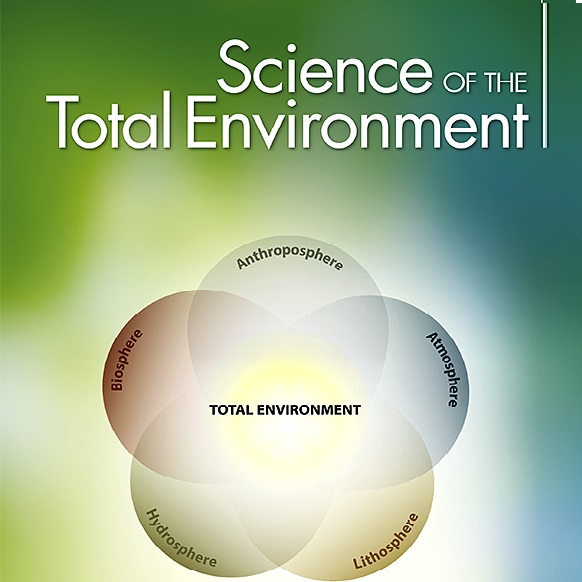
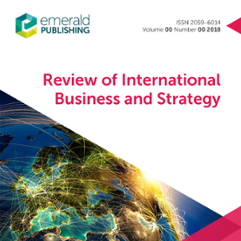
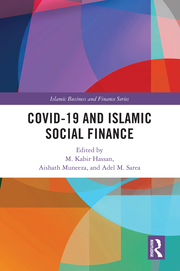


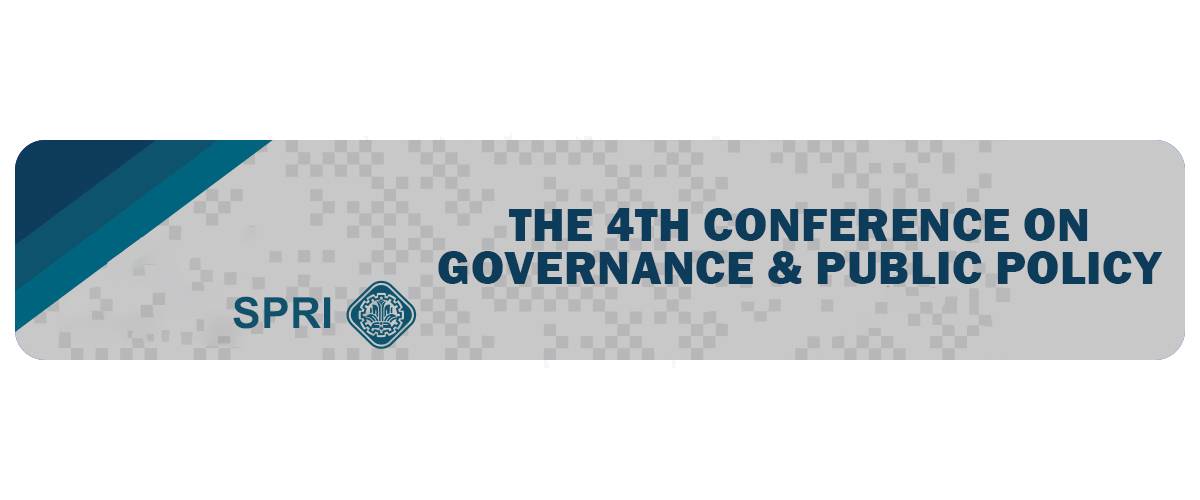
.jpg)